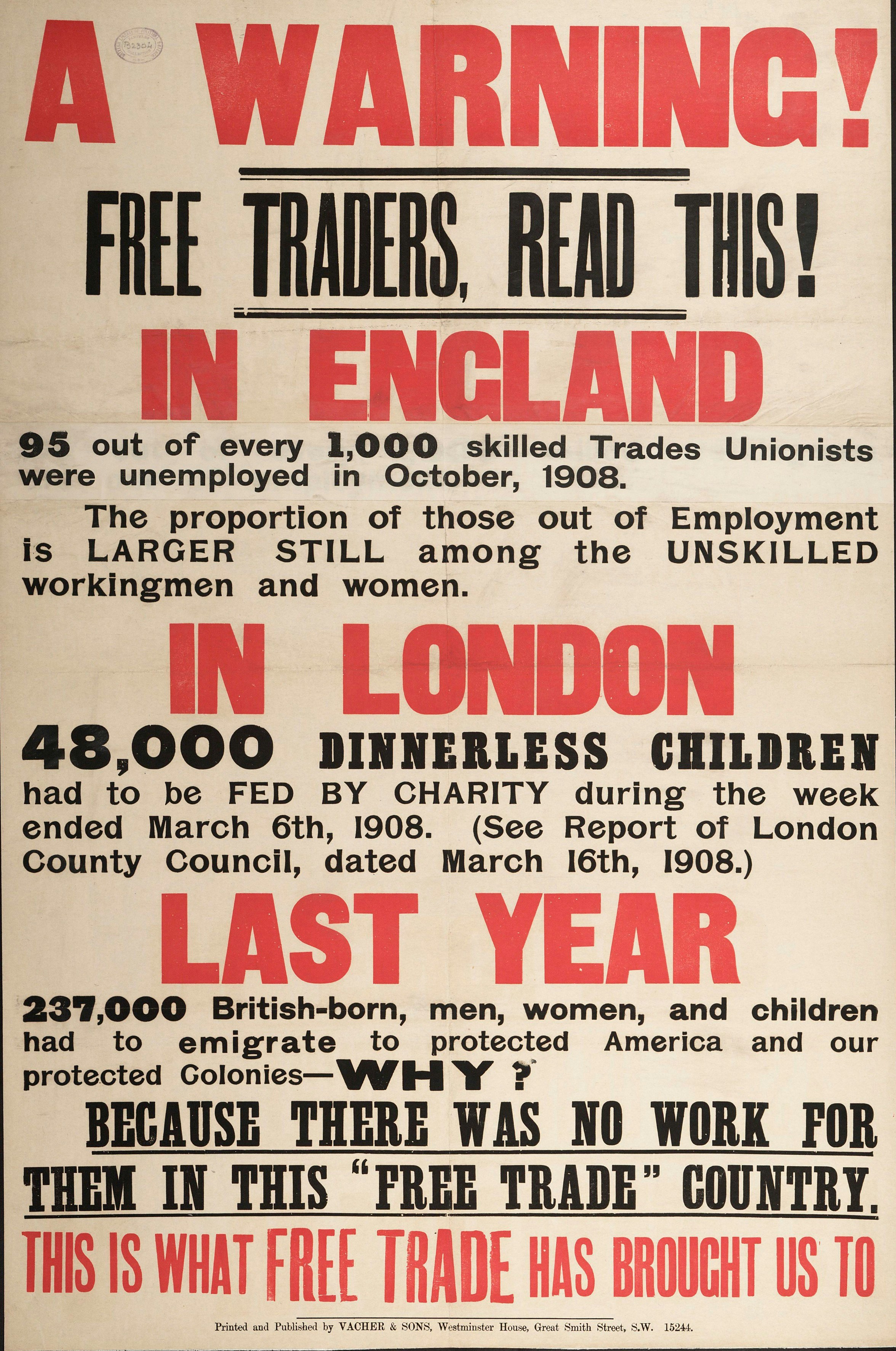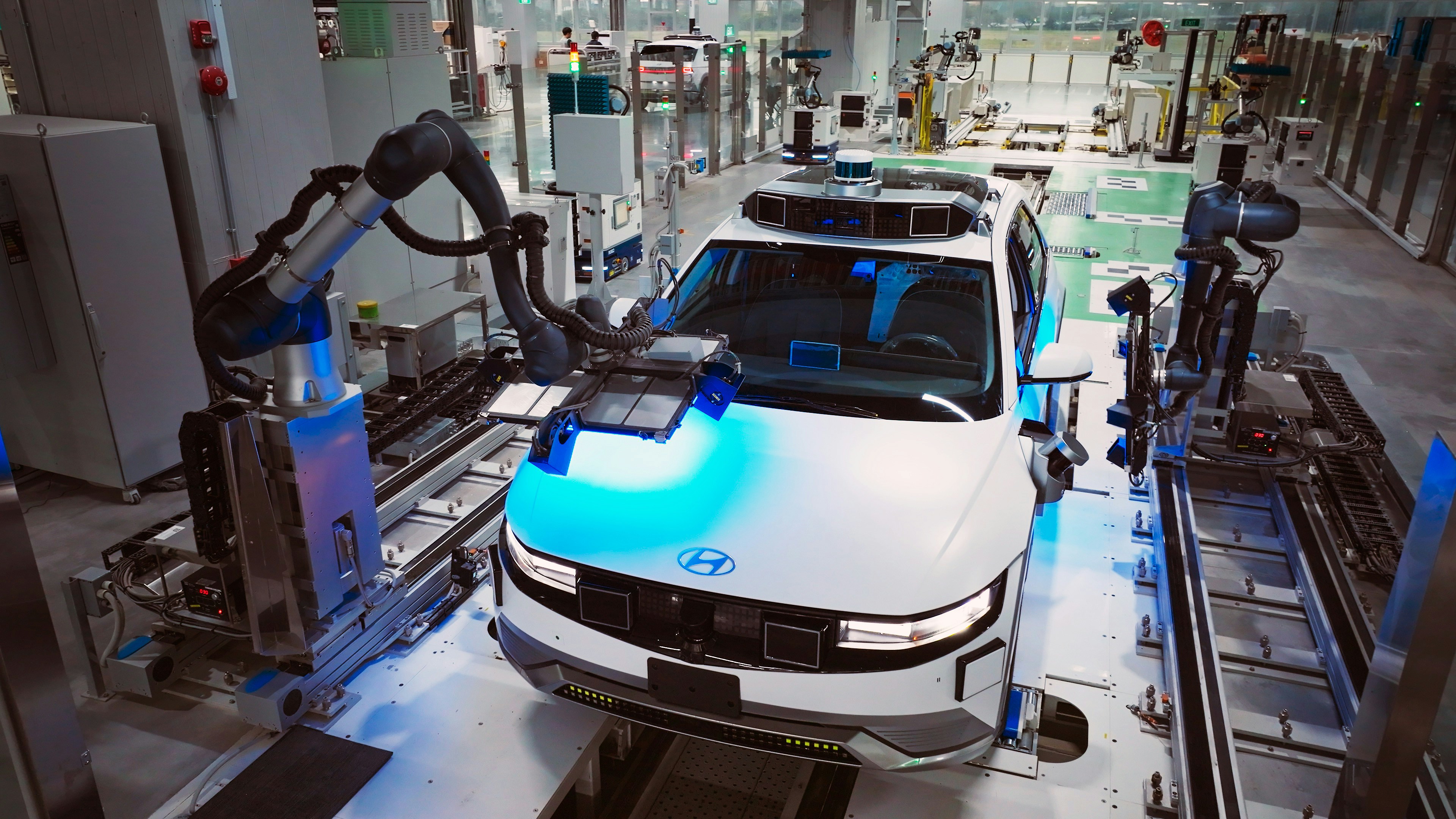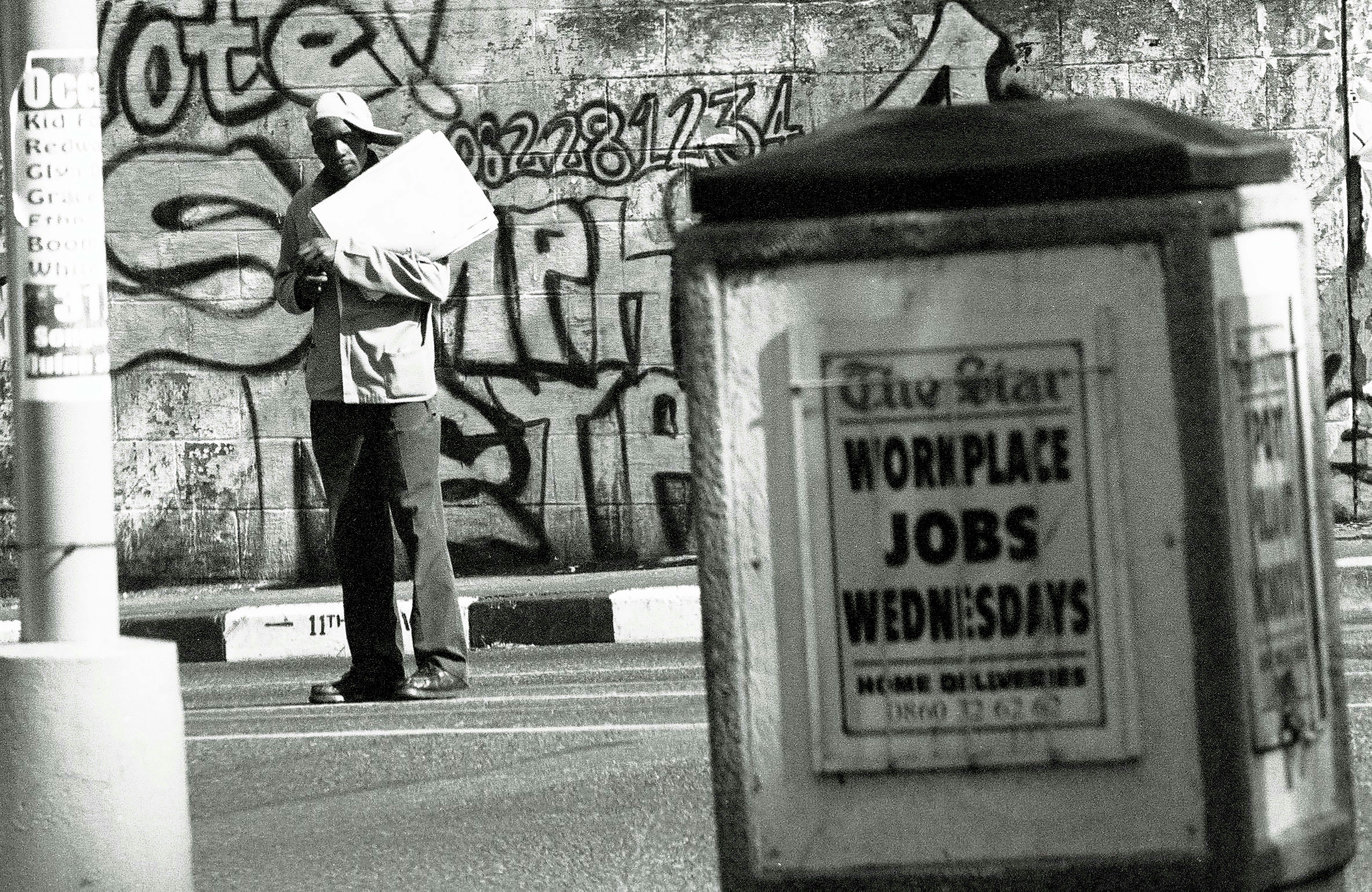
5 years in the past McDonald’s mentioned it deliberate to cut back greenhouse fuel emissions by greater than a 3rd in elements of its operations by 2030. A couple of years later, it pledged to be “internet zero” — chopping emissions to as near zero as attainable — by 2050.
However in its most up-to-date report, McDonald’s disclosed that issues had been transferring within the unsuitable course: The corporate’s emissions in 2021 had been 12 p.c increased than its 2015 baseline.
McDonald’s is hardly alone. An examination of assorted climate-related reviews and filings for 20 of the world’s largest meals and restaurant firms reveals that greater than half haven’t made any progress on their emissions discount objectives or have reported rising emissions ranges.
The majority of emissions — in lots of circumstances greater than 90 p.c — come from the businesses’ provide chains. In different phrases, the cows and wheat used to make burgers and cereal.
And whereas firms have labored to eradicate some plastic in packaging and cut back water use to make their merchandise extra sustainable, many massive meals and beverage firms and restaurant chains are struggling to steadiness their strong progress lately with their local weather objectives.
As client patterns have modified because the begin of the pandemic, meals firms have skilled vital demand. The battle in Ukraine and excessive climate, comparable to droughts and floods, additionally disrupted provide chains, inflicting firms to get substances and items from totally different suppliers.
At PepsiCo, which started setting targets to cut back emissions in 2015, emissions in its provide chain are up 7 p.c from its baseline, in accordance with its 2022 local weather report. Chipotle, which set a purpose of halving its emissions by 2030, reported a 26 p.c surge in provide chain and different emissions in its 2022 report.
“This has bought to be about efficiency, not guarantees,” mentioned Barry Parkin, the chief procurement and sustainability officer on the privately held sweet and pet meals large Mars, one of many massive firms that reported a decline in emissions. “We’ve had 5 years of firms making guarantees and being celebrated for the standard of their guarantees and never their efficiency.”
The worldwide meals system, which accounts for a 3rd of the world’s greenhouse fuel emissions, is below stress from shoppers and traders to create tangible plans to cut back that output. This week, heads of governments, companies, local weather advocacy teams and activists are gathering in New York Metropolis to debate, debate and attend protests about local weather points.
Many meals firms have paid exterior teams, just like the Science Primarily based Targets initiative, to set and approve medium- and long-term objectives to slash emissions. Many say on their web sites and in information releases that they intention to be internet zero of their emissions by 2050.
“If firms aren’t creating methods round how one can combine progress and innovation into local weather transition plans, that does amplify their publicity to local weather threat and their threat of not assembly their targets,” mentioned Meryl Richards, the appearing program director for meals and forest at Ceres, a nonprofit coalition of local weather activists and traders.
For 2022, for instance, Starbucks reported a 12 p.c enhance in its whole emissions from 2019 ranges. However throughout that point, revenues jumped by 23 p.c or $6 billion — a giant chunk from elevating costs for lattes and cappuccinos — whereas it added greater than 5,000 new shops.
At this level, the corporate expects will increase in emissions, together with in areas like water and waste, “as we noticed our enterprise develop and as we additional strengthened our techniques of measurement,” mentioned Beth Nervig, a spokeswoman for Starbucks. “We’re at an important level on our journey to changing into a resource-positive firm.”
In emailed statements, McDonald’s, PepsiCo and Chipotle all mentioned they continued to work with suppliers to cut back emissions.
Quantifying and decreasing provide chain emissions “are vital challenges and demanding pathways to attaining our net-zero purpose by 2040,” mentioned Jim Andrew, the chief sustainability officer at PepsiCo.
McDonald’s mentioned it was assembly its acknowledged targets, noting that whole emissions at its eating places had declined and that different metrics confirmed its provide chain emissions had additionally been lowered. However the firm additionally mentioned a number of important hurdles needed to be overcome to additional cut back provide chain emissions, together with advances in accounting, collaboration inside the agricultural trade, and extra funding for suppliers and producers.
Nonetheless, some firms reported declines in emissions at the same time as their companies grew lately.
Mars mentioned it had lowered its whole emissions, together with its provide chain, by eight p.c from 2015 ranges whereas growing its income 60 p.c. The corporate’s purpose is to chop its whole 2015 emissions by 50 p.c by 2030 and to be internet zero by 2050.
“This isn’t a trade-off for us,” mentioned Mr. Parkin, the chief procurement and sustainability officer. “It’s a purpose that’s as vital to us as our monetary efficiency.” He mentioned the corporate supposed to spend $1 billion over the following three years on climate-related efforts, together with varied monetary incentives for farmers to make use of regenerative farming strategies.
In contrast to monetary reviews or securities filings for public firms, emissions information is voluntarily reported and never standardized. And in terms of provide chains and waste, there’s a certain quantity of extrapolating, modeling and guesswork by firms. And so they nonetheless might not disclose all their emissions of their reviews.
Of their newest publicly accessible climate-related reviews, the meat processors Tyson Meals and JBS didn’t disclose emissions from their provide chains, which embrace cows, pigs and poultry. Cows have been a specific goal for local weather activists as a result of they produce methane, a potent planet-warming fuel, after they belch.
Tyson didn’t disclose its provide chain emissions in its 2022 sustainability report as a result of it was finishing calculations to enhance its reporting, the corporate mentioned in an emailed assertion. It mentioned it anticipated to reveal provide chain emissions in future reviews.
JBS, the world’s largest meat producer, whose manufacturers in america embrace Swift and Pilgrim’s, has been criticized by local weather activists in latest months for what they are saying are makes an attempt by the corporate to greenwash its progress on decreasing emissions.
On its web site, JBS says it’s the first main world protein firm to set a net-zero goal for all its emissions, together with its provide chain. However critics say that JBS has not had its targets validated by a third-party group and that it reported neither its provide chain emissions for 2022 nor the variety of animals it processed.
This summer season, a panel of the Nationwide Promoting Assessment Board upheld a ruling that JBS needed to discontinue claims regarding its purpose of attaining “internet zero” by 2040.
JBS did report provide chain figures for 2021, however critics say these numbers vastly underestimate greenhouse fuel emissions.
“We imagine they’ve vital emissions, however they’ve little or no accountability for reporting, having targets, sticking to these targets and having these targets verified externally,” mentioned Alex Wijeratna, senior director of the worldwide protein marketing campaign at Mighty Earth, a local weather advocacy group.
Jason Weller, who joined JBS final 12 months as its first world chief sustainability officer, mentioned the corporate had made disclosures round its provide chain to CDP, a nonprofit group that collects and charges local weather disclosures by varied entities.
These disclosures, nevertheless, weren’t included in JBS’s sustainability report final 12 months, as the corporate continued to enhance its assortment of information in that space, Mr. Weller mentioned. When requested, JBS didn’t present the provision chain information it gave to CDP.
For JBS, its provide chain emissions embrace not solely the variety of animals it processes every year, that are raised by hundreds of ranchers everywhere in the nation, and the methane they emit but in addition the emissions that come from their feed, like corn.
Whereas JBS works to quantify emissions from its provide chain, Mr. Weller mentioned, there are greater questions hanging over the trade, together with whether or not current applied sciences to cut back emissions in cows really assist or whether or not they’re too pricey.
After which, he mentioned, there’s the matter of who will assume the prices round climate-friendly farming: governments, companies, farmers or shoppers?
“It comes right down to who’s going to pay,” Mr. Weller mentioned. “That’s the challenge that haunts this complete dialog.”






